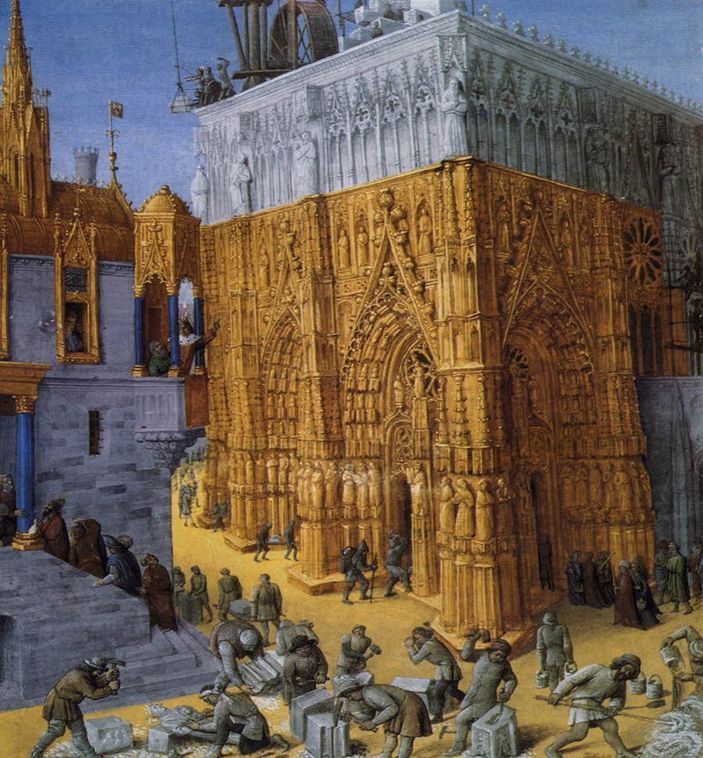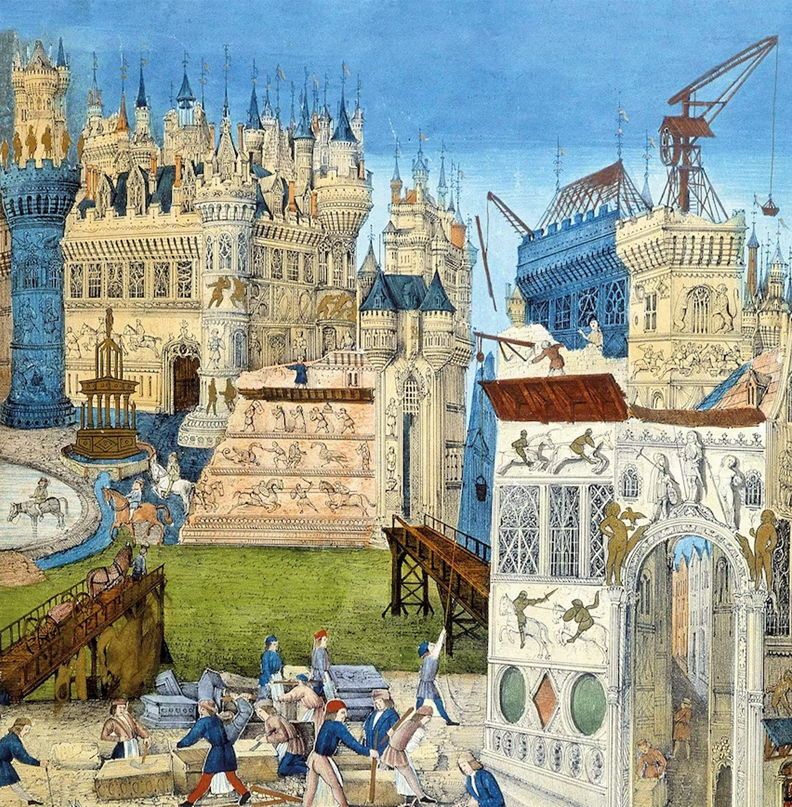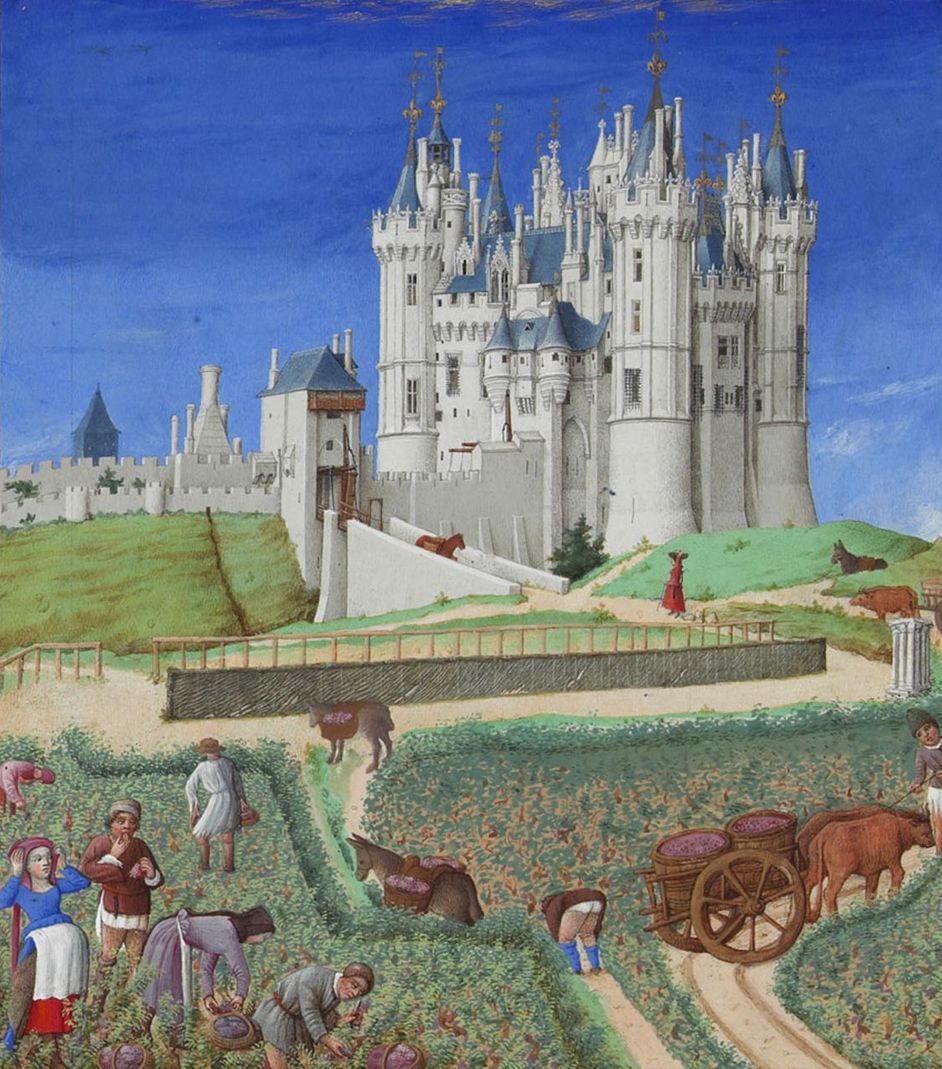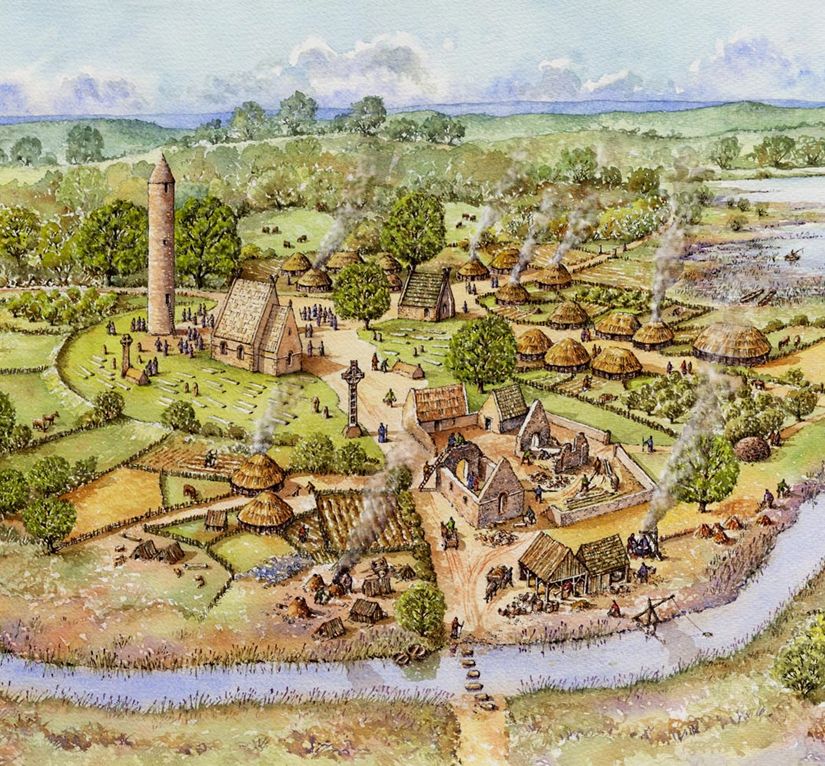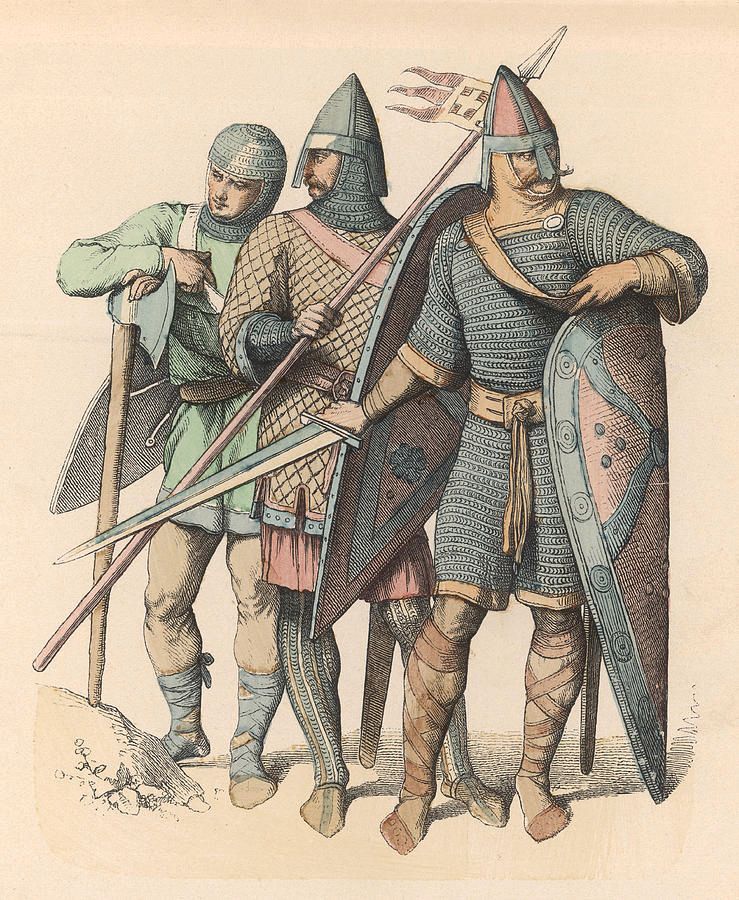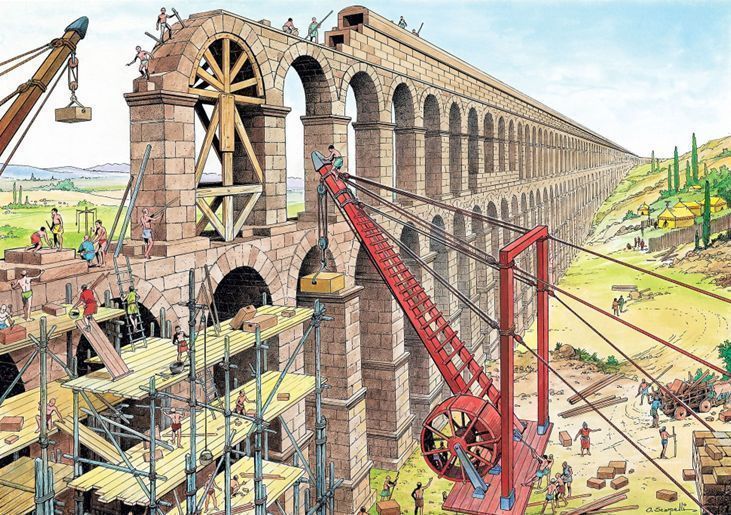Philosophy doesn't have to be hard.
Many of the best philosophical works are clear and concise, packing tons of wisdom into a short space. Anybody can read them.
6 Easy Philosophy Books to start your journey of enlightenment 🧵
Many of the best philosophical works are clear and concise, packing tons of wisdom into a short space. Anybody can read them.
6 Easy Philosophy Books to start your journey of enlightenment 🧵

1. The Apology, Plato
The Apology details Socrates’ trial shortly before his execution. It’s a prime example of the Socratic dialogue and, because Socrates left no writings, it's essential to understanding the life and teachings of the “Father of Philosophy.”
The Apology details Socrates’ trial shortly before his execution. It’s a prime example of the Socratic dialogue and, because Socrates left no writings, it's essential to understanding the life and teachings of the “Father of Philosophy.”

2. Nicomachean Ethics, Aristotle
Plato's student, Aristotle, explores how best to live a good life. He explains that “the good'' is ultimately the goal to which all man’s actions aim. His work is foundational to western ethics and influenced figures from Alexander to Aquinas.
Plato's student, Aristotle, explores how best to live a good life. He explains that “the good'' is ultimately the goal to which all man’s actions aim. His work is foundational to western ethics and influenced figures from Alexander to Aquinas.

3. Letters from a Stoic, Seneca
The quintessential Stoic philosopher, Seneca was a tutor and advisor to emperor Nero. His work is basically a diary containing philosophical contemplations on the contempt of death, the value of friendship, and virtue as the supreme good.
The quintessential Stoic philosopher, Seneca was a tutor and advisor to emperor Nero. His work is basically a diary containing philosophical contemplations on the contempt of death, the value of friendship, and virtue as the supreme good.

4. Meditations, Marcus Aurelius
Never intended for the public, Meditations is a collection of personal insights that Marcus Aurelius recorded while on military campaign. The work is a unique opportunity to peer into the mind of the leader of the greatest empire in history.
Never intended for the public, Meditations is a collection of personal insights that Marcus Aurelius recorded while on military campaign. The work is a unique opportunity to peer into the mind of the leader of the greatest empire in history.

5. Consolation of Philosophy, Boethius
Written while he awaited execution, the work is a dialogue between Boethius and Lady Philosophy who consoles the author by discussing the fleeting nature of worldly goods. It influenced the medieval mind more than any other secular work
Written while he awaited execution, the work is a dialogue between Boethius and Lady Philosophy who consoles the author by discussing the fleeting nature of worldly goods. It influenced the medieval mind more than any other secular work

6. The Prince, Niccolò Machiavelli
Machiavelli’s classic is a 16th century handbook on effective governance. It’s an essential read for anyone who wishes to understand the motivations and reasoning behind great leaders from the past or savvy politicians today.
Machiavelli’s classic is a 16th century handbook on effective governance. It’s an essential read for anyone who wishes to understand the motivations and reasoning behind great leaders from the past or savvy politicians today.

What did l leave out?
If you enjoyed this thread, kindly repost the first post, linked below:
https://x.com/thinkingwest/status/1761405631045443862?s=20
• • •
Missing some Tweet in this thread? You can try to
force a refresh


